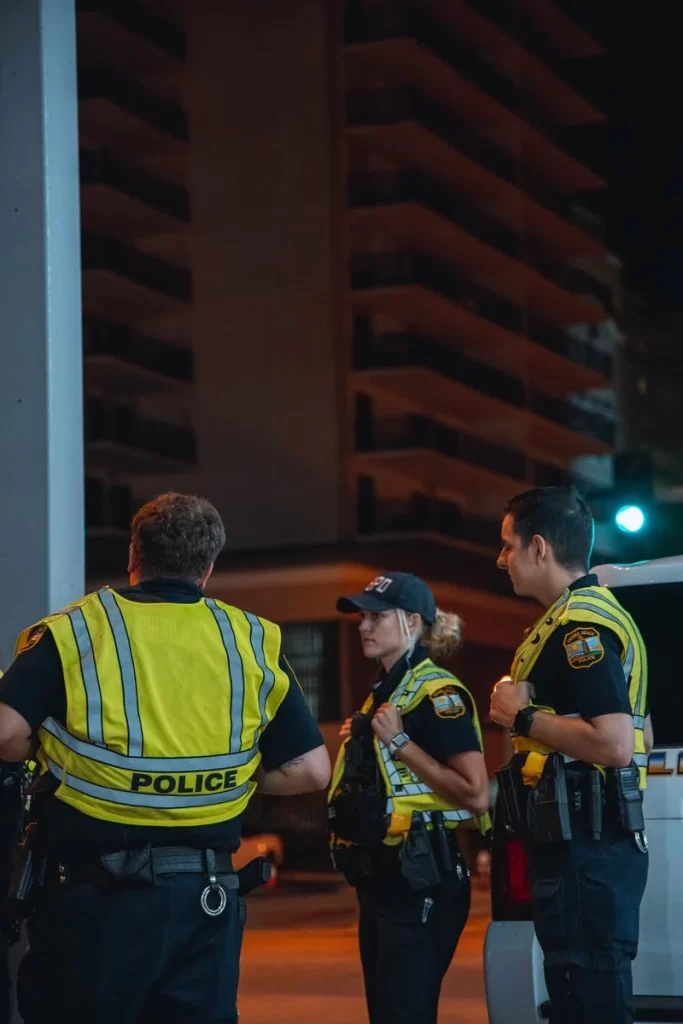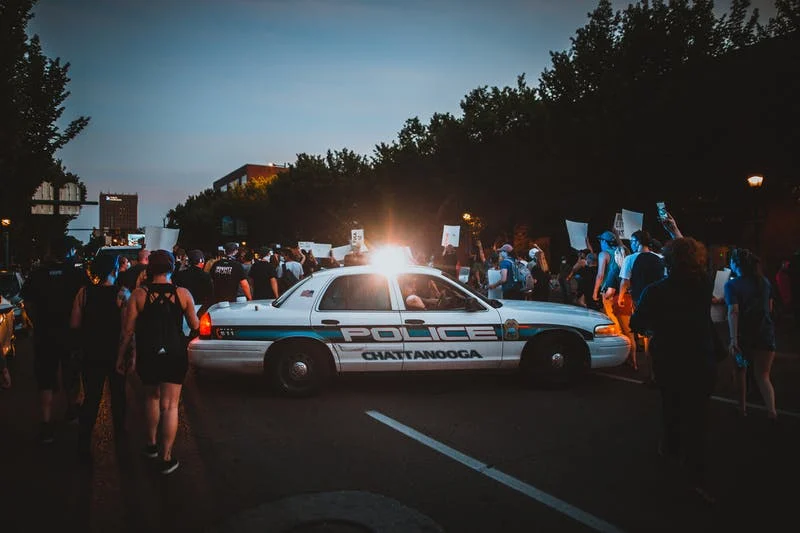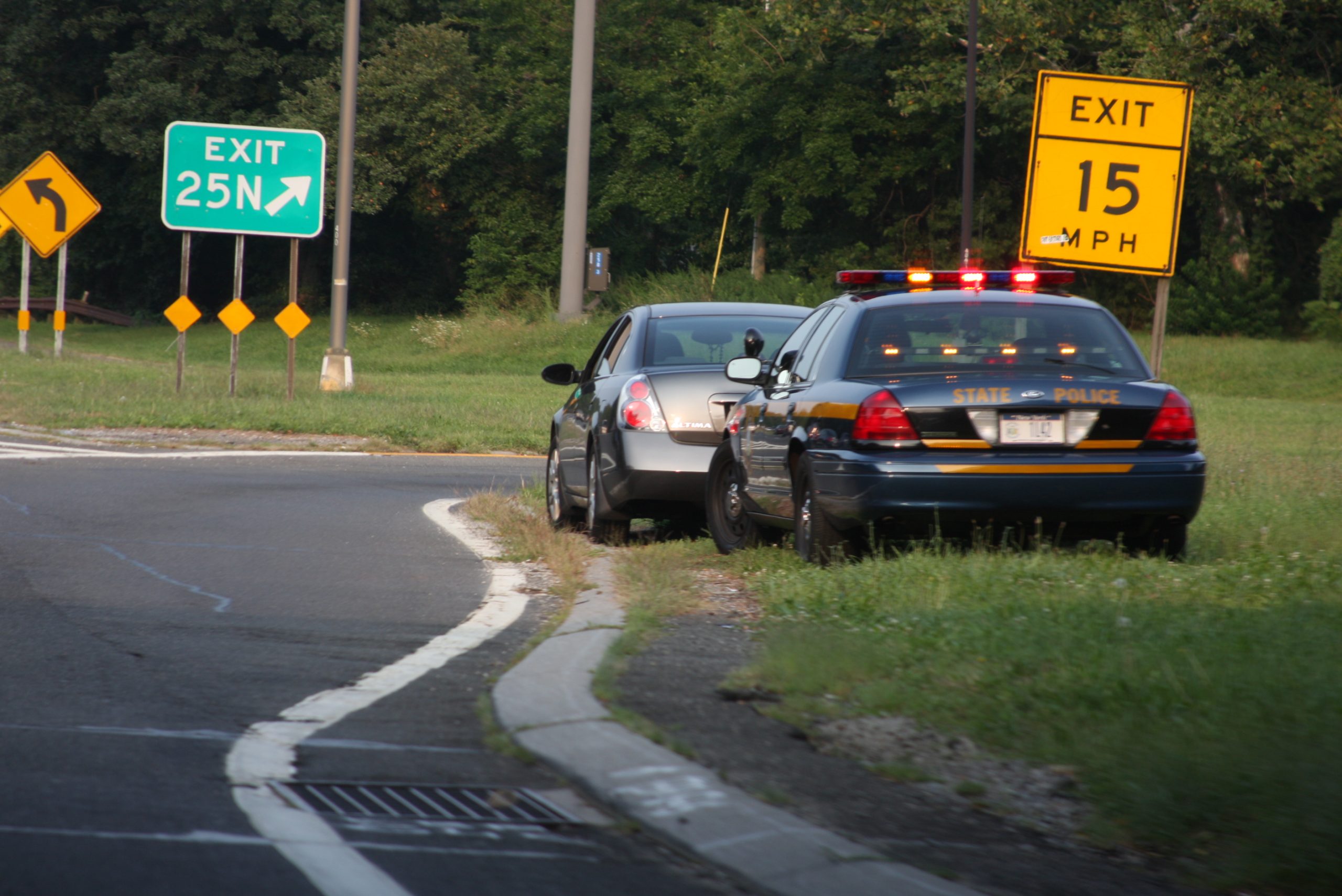An officer pulling a driver over constitutes a form of detention in that the driver is not free to leave but is not under formal arrest. Broadly speaking, police can pull people over when they have probable cause to believe that a person violated motor vehicle and traffic laws.
Put another way, if police see someone commit a traffic violation, like speeding, they have probable cause to pull the car over. Also, when police have reason to suspect any type of criminal activity, they can ask the car to stop.
To be clear, police cannot pull people over willy-nilly; they must have a factual basis to substantiate their claim of probable cause and cannot just make it up out of whole cloth. Police need to show facts leading them to conclude that criminal activity was afoot.
Can police pull you over for any reason?
As we know from life experience, it is not difficult for police to find a reason to pull someone over. Any minor violation of motor vehicle laws will suffice. A good cause for a stop would be a traffic violation or something wrong with your car, like a broken taillight.
Any act of reckless driving or unusual driving provides ample cause. But when police find contraband or other evidence of criminal activity after pulling a driver over, prosecutors cannot use such evidence if there was not a reason for the stop in the first place.
Note that certain types of stops are not illegal, including stops at police checkpoints. For example, DUI checkpoints do not require any probable cause or reasonable suspicion. Police can usually stop any car passing through proper checkpoints.
These checkpoints are subject to specific rules to ensure police do not set up arbitrary checkpoints. Checkpoints are often publicly announced online, radio or in local newspapers.

What should you remember when police pull you over?
There are a lot of different things you should remember when police pull you over. But these are some of the most common examples:
- You have a variety of rights that protect you during traffic stops.
- Police can pull people over for a violation of motor-vehicle laws.
- Police will ask basic questions like for your name, address and identification. When asked, people must show their driver’s license, registration and insurance card to the police. But you don’t have to say anything else.
- When speaking to the police, remember they can always try to use people’s incriminating statements in court. It is not wise to lie to the police during a traffic stop.
- When stopped, police recommend that drivers place hands on the steering wheel or keep them where police can easily see them.
- Police can only search a car if they have a warrant, get proper permission, develop probable cause to believe criminal activity is afoot or see criminal evidence is in plain view.
- Police cannot arrest people merely for refusing to consent to a search of their car. There has to be more.
- You never have to consent to a search. Refusingmakes it much harder to challenge evidence found in the car when there is proper consent. When police have probable cause to search a car, they will do so regardless of consent.
- Police can order the driver or passengers to step out of the car for safety reasons, suspicions of criminal activity, driving under the influence or other reasons. Police can conduct pat-downs for weapons if they suspect danger.
- When a driver appears to be driving under the influence, the police can require drivers to take an alcohol screening test. Refusing the alcohol screening may mean having a blood draw instead.

The Takeaway:
If police see you commit a traffic violation, they can pull you over. Traffic violations include obvious things like speeding, but they could also involve a burned-out taillight or license-plate light or even a dirty license plate. If you agree to let the police search your car after they pull you over, they can use whatever they find against you.






